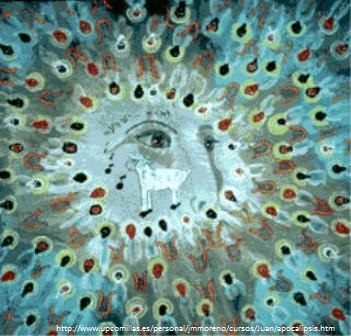Representaciones de lo apocalíptico en cuatro escritores hispanoamericanos
DOI:
https://doi.org/10.13130/2035-7680/2995Parole chiave:
heterogeneous visions of the apocalyptical, critical outlook of history, negativity of postmodernism, Spanish American short story, Lugones, Arlt, Iturra, CollyerAbstract
This essay examines the portrayal of Apocalypses as rendered in the short stories of two Argentinean and two Chilean writers, starting with the text “La lluvia de fuego” by Lugones published at the beginning of the twentieth century and ending with three short stories published by Collyer in the twenty-one century. The depiction of the apocalyptical encompasses the aesthetical discourse of modernity—represented by Leopoldo Lugones’ and Roberto Arlt’s fiction—and postmodernity, this last plane corresponding to Carlos Iturra’s and Jaime Collyer’s work. The diversity in the rendering of the topic in question reaffirms the heterogeneous scrutiny and visions encountered in both the philosophical and the religious realms. Lugones’ rendition will defy the biblical prohibition of looking at the destruction of Gomorra not only by providing a detailed account of the horror narrated by a disembodied entity and witness of the fiery rain of fire descended into the sinful town but also by openly assuming the principle of pleasure of the fallen city. In Arlt’s interpretation the entire planet is annihilated by fire as a result of an untenable sense of superiority found in the crossing of the new urban settings and the undeterred anti-humanistic nature of capitalism. Iturra’s short story brings a vision of a malevolent postmodernity by painting a metropolitan dystopian scenario where human dignity has completely vanished. Finally, in Collyer’s short story production one can see a consistent preoccupation with the representation of Apocalypses dealing not so much with the end of history but rather with how in the name of history and especially of a blind and senseless reverence toward progress and postmodern indulgence, controlling societies are the real machinery of apocalypses and the cause of its continuous resurgence.




